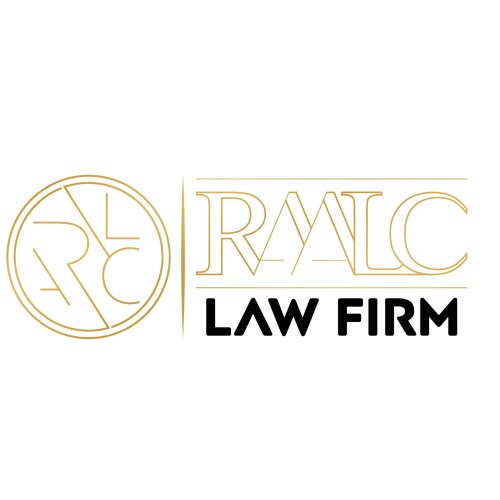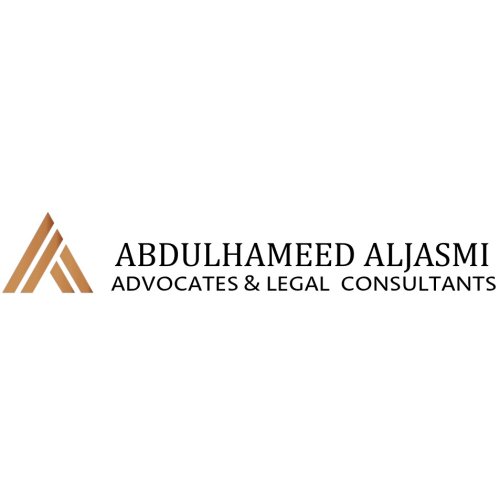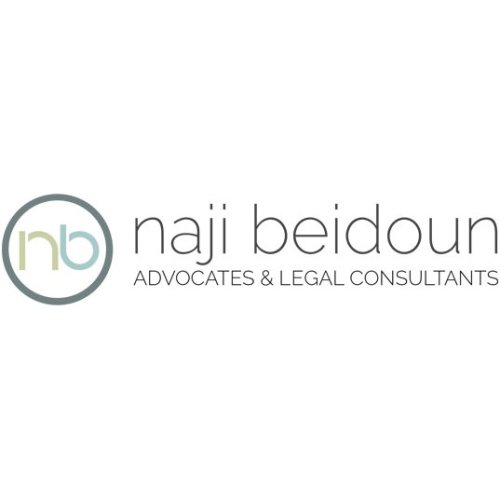Best Debt Capital Markets Lawyers in United Arab Emirates
Share your needs with us, get contacted by law firms.
Free. Takes 2 min.
Or refine your search by selecting a city:
List of the best lawyers in United Arab Emirates
About Debt Capital Markets Law in United Arab Emirates
Debt Capital Markets (DCM) in the United Arab Emirates (UAE) refer to the legal and financial framework governing the issuance, trading, and regulation of debt securities such as bonds, sukuk (Islamic bonds), and notes. The UAE is a significant hub for DCM activity in the Middle East due to its robust regulatory structure, investor-friendly policies, and strategic location. DCM law in the UAE combines conventional and Shariah-compliant products, making it suitable for both local and international investors. Regulatory oversight is primarily provided by entities such as the UAE Central Bank, the Securities and Commodities Authority (SCA), Abu Dhabi Global Market (ADGM), and the Dubai International Financial Centre (DIFC).
Why You May Need a Lawyer
Seeking legal advice in Debt Capital Markets is crucial because of the complex nature of financial instruments and the strict regulatory environment in the UAE. Common scenarios where legal help is often required include:
- Structuring and issuing bonds or sukuk for corporations or government entities
- Ensuring compliance with UAE’s SCA, ADGM, and DIFC regulations
- Drafting and reviewing offering documents and disclosure statements
- Negotiating with arrangers, underwriters, and investors
- Advising on cross-border offerings and dual listings
- Handling defaults or restructuring of issued debt
- Managing disputes related to DCM transactions
Even experienced businesses may require legal support to mitigate risks, avoid regulatory penalties, and protect investments throughout the process.
Local Laws Overview
The UAE has developed a comprehensive legal framework for Debt Capital Markets that incorporates both federal and free zone legislation. Key aspects of local laws include:
- Regulatory Authorities: The SCA oversees securities activity under Federal Law No. 4 of 2000, while ADGM and DIFC offer internationally modeled regulatory regimes for financial services.
- Issuance of Debt Instruments: Companies must meet eligibility requirements and comply with specific disclosure and reporting standards.
- Shariah Compliance: For sukuk and other Islamic instruments, offerings must adhere to Shariah principles and receive certification from approved boards.
- Prospectus and Disclosure: Detailed prospectuses are mandatory, outlining terms, risk factors, and financial information for prospective investors.
- Listing and Trading: Securities can be listed on local exchanges such as the Dubai Financial Market or Abu Dhabi Securities Exchange, or in designated free zones.
- Cross-Border Transactions: Special regulations apply for offerings to foreign investors or dual listings.
- Enforcement: Regulatory bodies are empowered to investigate and penalize violations of DCM laws and regulations.
Frequently Asked Questions
What is a Debt Capital Market?
Debt Capital Markets are financial markets where entities raise funds by issuing debt securities such as bonds and sukuk to investors, instead of issuing equity (shares).
Who regulates Debt Capital Markets in the UAE?
The SCA has primary oversight, but ADGM and DIFC each govern financial activities within their respective jurisdictions, operating under separate, internationally recognized legal systems.
What are the main types of debt instruments in the UAE?
The two main types are conventional bonds and Islamic sukuk. Each has different legal and regulatory requirements, especially regarding Shariah compliance for sukuk.
Can foreign entities issue debt in the UAE?
Yes, subject to meeting regulatory requirements and approval from relevant authorities, foreign entities often issue bonds or sukuk in the UAE markets.
Is a prospectus required for all debt offerings?
In most instances, a detailed prospectus must be prepared and approved by regulatory authorities before the debt securities can be offered to the public.
What are the penalties for non-compliance?
Penalties can include fines, trading bans, suspension or revocation of licenses, and in severe cases, criminal prosecution.
Are there special rules for Islamic debt instruments?
Yes. Sukuk and similar instruments must comply with Shariah principles and be certified by approved Shariah boards, in addition to standard financial regulations.
How are disputes in DCM transactions resolved?
Disputes are typically settled under the jurisdiction of local courts or, in the case of free zones, under the rules of DIFC or ADGM courts, which follow common law principles.
Can individuals invest in UAE debt securities?
Yes, both individuals and institutional investors may invest in debt securities, though certain offerings may be restricted to qualified or professional investors.
What role does legal counsel play in DCM transactions?
Legal counsel ensures regulatory compliance, drafts and reviews documentation, guides clients through the issuance and listing process, and manages risks associated with DCM transactions.
Additional Resources
Several authoritative resources and bodies can provide further information or support:
- Securities and Commodities Authority (SCA)
- UAE Central Bank
- Dubai Financial Market
- Abu Dhabi Securities Exchange
- Dubai International Financial Centre (DIFC) Authority
- Abu Dhabi Global Market (ADGM)
- Local law firms specializing in banking and capital markets
- International and local consultancies with DCM expertise
Next Steps
If you require legal assistance with Debt Capital Markets in the UAE, consider the following actions:
- Gather all relevant documents related to your DCM activities or plans
- Identify the specific nature and goals of your debt issuance or investment
- Contact a UAE-based lawyer or law firm experienced in debt capital markets and financial regulation
- Prepare to discuss your objectives, timeline, and any regulatory concerns you have
- Stay informed about ongoing regulatory changes and best practices in the market
Early involvement of qualified legal counsel can help streamline your project, avoid costly errors, and ensure long-term compliance in the fast-evolving UAE Debt Capital Markets sector.
Lawzana helps you find the best lawyers and law firms in United Arab Emirates through a curated and pre-screened list of qualified legal professionals. Our platform offers rankings and detailed profiles of attorneys and law firms, allowing you to compare based on practice areas, including Debt Capital Markets, experience, and client feedback.
Each profile includes a description of the firm's areas of practice, client reviews, team members and partners, year of establishment, spoken languages, office locations, contact information, social media presence, and any published articles or resources. Most firms on our platform speak English and are experienced in both local and international legal matters.
Get a quote from top-rated law firms in United Arab Emirates — quickly, securely, and without unnecessary hassle.
Disclaimer:
The information provided on this page is for general informational purposes only and does not constitute legal advice. While we strive to ensure the accuracy and relevance of the content, legal information may change over time, and interpretations of the law can vary. You should always consult with a qualified legal professional for advice specific to your situation.
We disclaim all liability for actions taken or not taken based on the content of this page. If you believe any information is incorrect or outdated, please contact us, and we will review and update it where appropriate.
Browse debt capital markets law firms by city in United Arab Emirates
Refine your search by selecting a city.

















